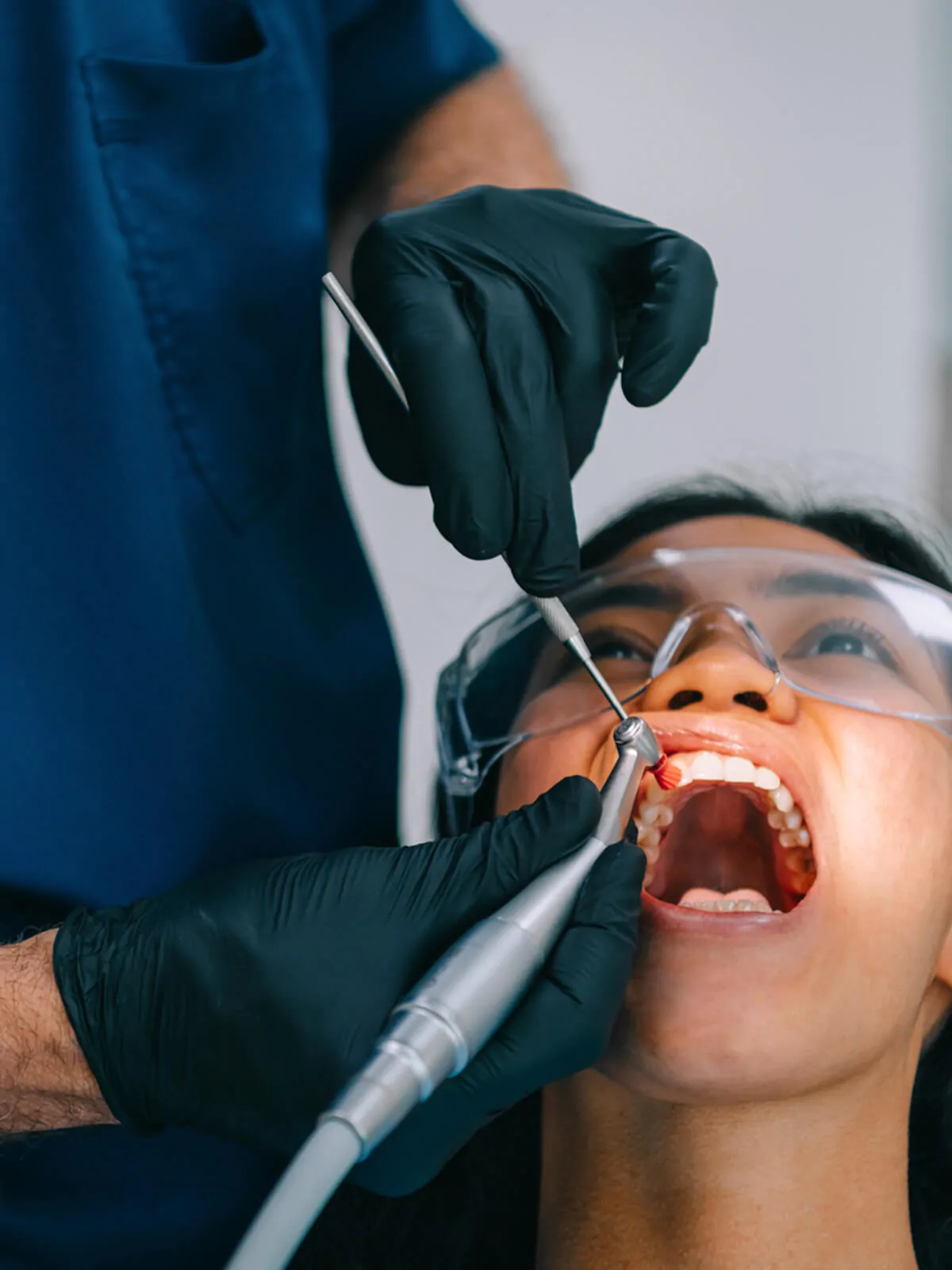Experience Comprehensive Dental Care with a Relied On Eugene Dentist
Experience Comprehensive Dental Care with a Relied On Eugene Dentist
Blog Article
Discover Regular Dental Concerns Your Dental Professional Can Settle
Understanding regular oral problems is essential for preserving optimum dental health. Problems such as tooth cavities, gum tissue condition, tooth sensitivity, negative breath, and tooth degeneration are typical yet commonly overlooked up until they end up being extreme. Routine dental check outs and personalized treatment plans can attend to these problems successfully, guaranteeing a much healthier and brighter smile.
Tooth Cavities
Cavities, additionally referred to as cavities, are a common dental health and wellness concern triggered by the demineralization of tooth enamel due to acid manufacturing from bacterial plaque. This procedure begins when microorganisms in the mouth metabolize sugars and starches from food, creating acids that wear down the enamel. If not resolved quickly, this erosion can permeate much deeper into the tooth, impacting the dentin and eventually the pulp, possibly resulting in extreme discomfort and infection.
The early stages of dental caries development commonly present as white spots on the tooth surface area, indicating first demineralization. As the process progresses, these areas can become black or brownish lesions, signifying much more considerable degeneration. Regular dental exams are important for early discovery, as dental caries in their nascent phases can be treated with remineralization techniques, such as fluoride therapies.
Dental professionals commonly remove the decayed part of the tooth and fill up the cavity with products such as composite material, amalgam, or ceramic. Preventative actions, including great dental health techniques and nutritional alterations, play an essential role in mitigating the threat of tooth cavities.
Periodontal Disease
While dental caries stand for a substantial issue for oral health and wellness, one more important concern that requires interest is gum condition. Known as periodontal disease, gum disease is an inflammatory problem influencing the cells bordering and supporting the teeth. It is mainly brought on by the build-up of plaque-- a sticky film of bacteria that bases on teeth.
Gum tissue condition advances with stages, starting with gingivitis, defined by redness, swelling, and hemorrhaging gum tissues (dentist eugene oregon). If left untreated, gingivitis can rise to periodontitis, where the internal layer of the gum and bone pull away from the teeth, creating pockets that end up being infected. Over time, the contaminants created by the bacteria break down the bone and connective tissue that hold teeth in position, possibly causing tooth loss
Very early discovery and treatment are important. Expert oral cleansings and enhanced oral health methods, such as cleaning twice daily and flossing, can take care of gingivitis. For more advanced phases, treatments might include scaling and origin planing, prescription antibiotics, or even medical interventions.
Routine dental exams play a critical duty in handling and protecting against gum tissue condition. Dental experts can recognize very early indicators and recommend appropriate interventions, making sure the maintenance of healthy periodontals and general dental health.
Tooth Sensitivity
Tooth level of sensitivity affects numerous individuals worldwide, providing an usual yet typically upsetting oral issue. This problem emerges when the enamel, the outer safety layer of the teeth, is endangered, disclosing the underlying dentin. The dentin contains microscopic tubules that lead directly to the oral pulp, where nerves stay. When exposed to stimulations such as hot, chilly, pleasant, or acidic substances, these nerves are set off, triggering sharp pain or discomfort.
Several elements add to enamel disintegration and succeeding tooth sensitivity, including aggressive cleaning, acidic foods and drinks, gum tissue economic crisis, and bruxism (teeth grinding) Additionally, oral procedures such as teeth whitening can temporarily increase sensitivity.
Halitosis
One more common oral worry that impacts people' every day lives is poor breath, medically labelled halitosis. This problem can be particularly upsetting, affecting individual communications and self-worth. Bad breath often originates from inadequate oral hygiene, which allows food particles to remain in the mouth, cultivating bacterial development. These microorganisms produce sulfur compounds, causing unpleasant smells.
Referrals might include improving oral health techniques, such as routine brushing and flossing, making use of antibacterial mouthwashes, staying hydrated, and dealing with any oral problems. Efficient management of bad breath not only enhances dental health and wellness however also dramatically enhances quality of life.
Dental Caries

Avoiding dental caries entails a mix of excellent oral health practices and normal dental exams. Cleaning teeth at the very least two times daily with fluoride toothpaste, flossing to remove plaque between teeth, and restricting the intake of sweet foods and beverages are important safety nets. Fluoride therapies, oral sealers, and professional cleanings provided by a dental professional can also play a considerable function in fortifying enamel and avoiding decay.
Dental experts can eliminate decayed cells and bring back the tooth with fillings made from materials such as composite material, amalgam, or porcelain. By attending to tooth degeneration without delay, dental professionals aid preserve oral framework and feature, making certain long-lasting oral wellness.
Final Thought
Dealing with common oral problems such go to my site as cavities, periodontal disease, tooth level of sensitivity, foul-smelling breath, and dental caries is crucial for keeping optimal dental health and wellness and overall wellness. Dental professionals have the know-how to diagnose and deal with these issues effectively, ensuring customized look after each person. Routine preventative steps and oral check-ups are vital in identifying and managing these concerns early, promoting a much healthier and much more certain smile over a lifetime.

Tooth decay, additionally known as dental cavities, takes place when the enamel, the outermost layer of the tooth, is eroded by acids produced by microorganisms in the mouth. Brushing teeth at the very least two times daily with fluoride tooth paste, flossing to eliminate plaque between teeth, and restricting the consumption of sugary foods and drinks are necessary preventative measures.Dealing with typical click here to read dental issues such as cavities, gum tissue condition, tooth level of sensitivity, poor breath, and tooth decay is critical for keeping optimal oral health and wellness and total health.
Report this page